Dental extraction, or tooth extraction, is a common procedure that includes removing a tooth from its socket in the jawbone. The friendly staff at Brookdale Dentistry in Yonge St., Ontario, strives to give patients the best possible care while doing tooth extractions safely and comfortably. Whether you have troublesome wisdom teeth, a tooth that is extremely decaying, or a damaged tooth, our knowledge and gentle attitude will make the extraction process go more smoothly for you.
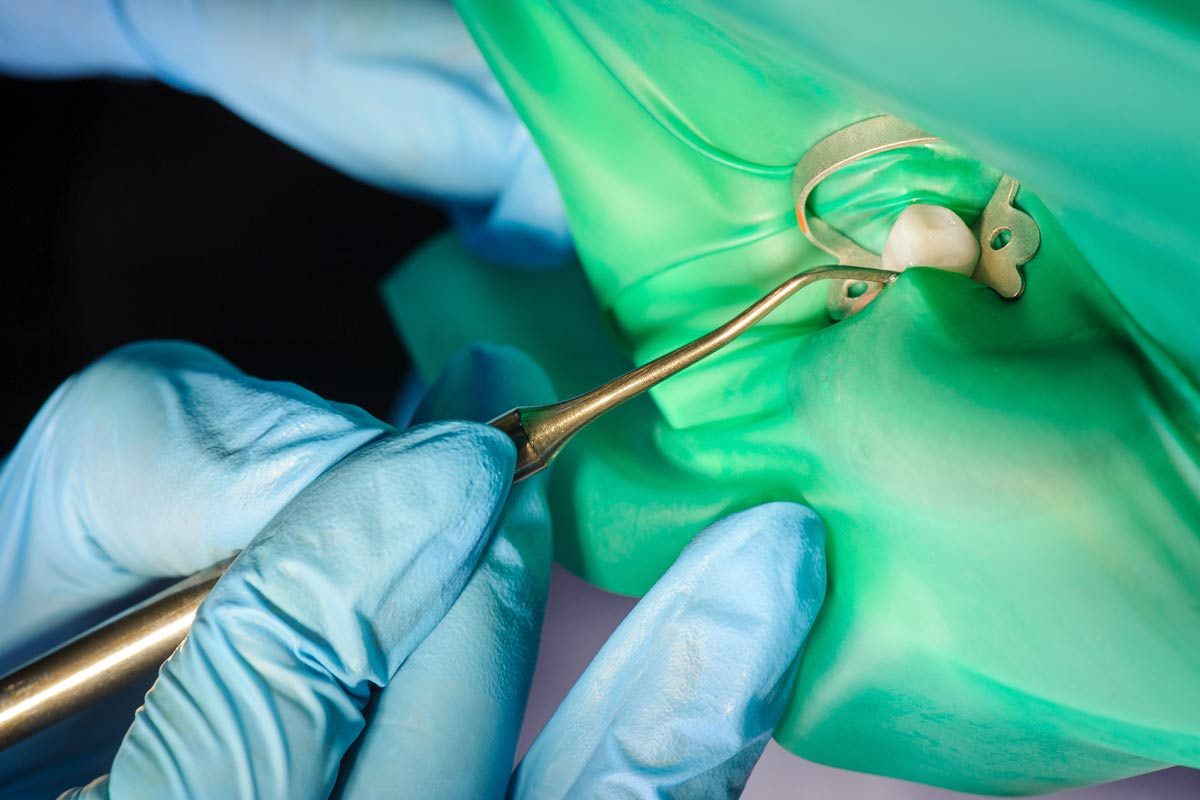
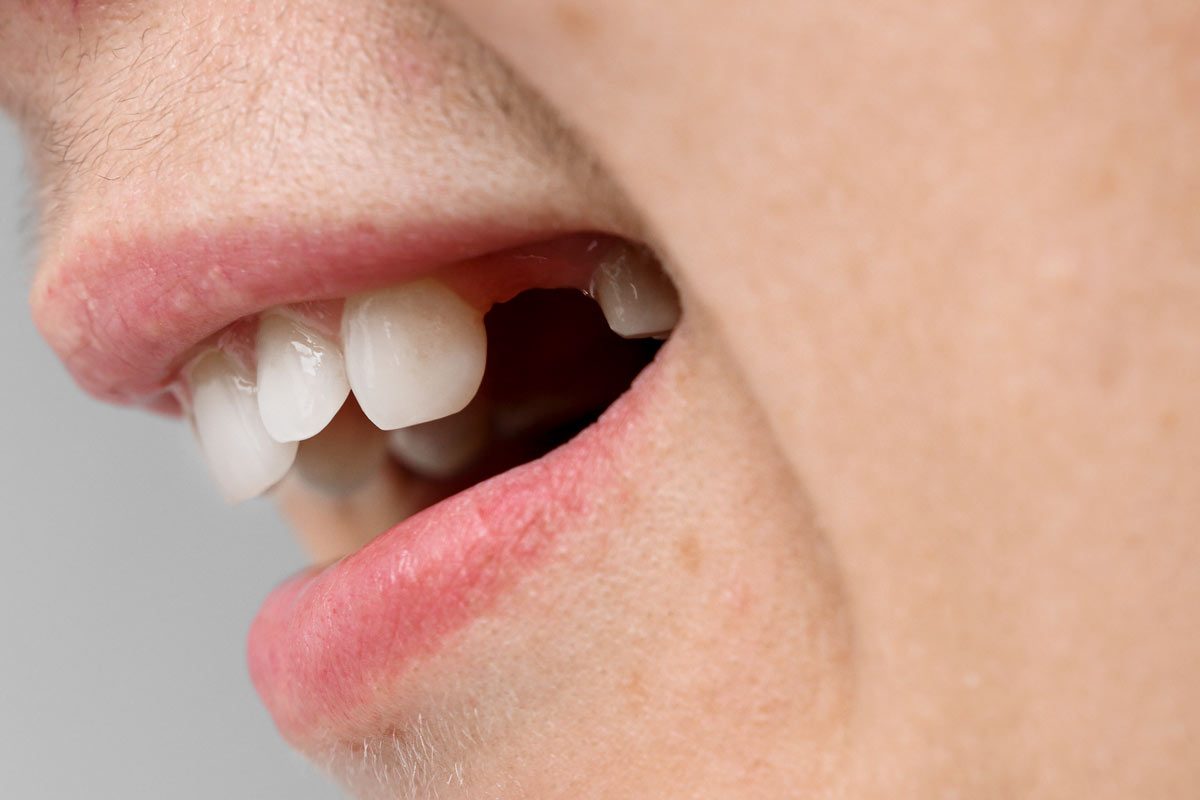
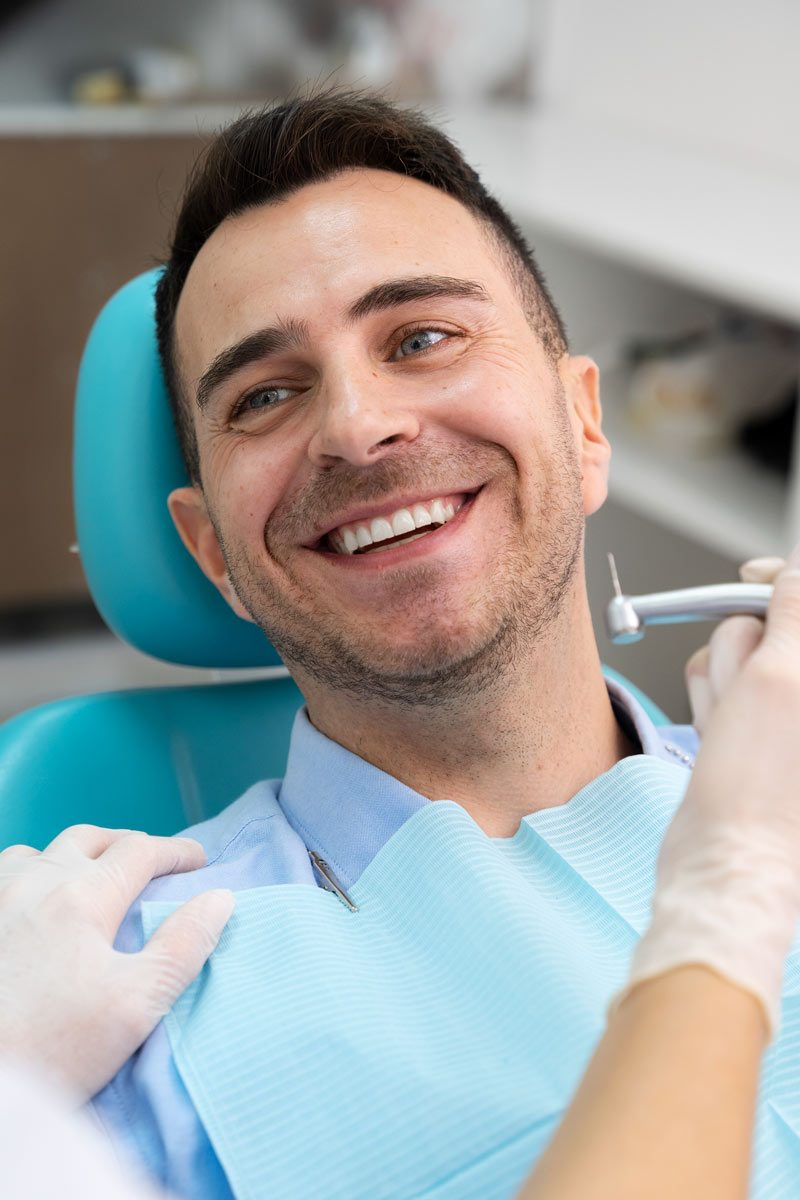
When a tooth has a lot of damage that dentists can’t fix with a root canal, dental fillings, or other methods, it may need extraction to stop the infection from spreading to other teeth.
If gum disease has reached a late stage, it can weaken the structures that hold the tooth in place. In some cases, an extraction may be the best way to get rid of a bad tooth and stop it from getting worse.
Wisdom teeth, or third molars, often don’t have enough room to come in properly. This can cause the tooth to get stuck in the jawbone, either partly or completely. Impacted wisdom teeth can damage neighbouring teeth and cause discomfort, infection, and other problems that call for extraction.
When there are too many teeth in a small space or when getting ready for orthodontic treatment, extraction may be necessary to make room for the teeth to line up correctly.
Damaged or broken teeth may need extraction. This includes teeth hurt by crashes or trauma.
Some teeth could be misshapen, dysfunctional, or dangerous to one’s oral health. Such teeth need extraction to prevent problems and improve general oral health.
Your dentist will undertake a complete examination, including dental X-rays, to evaluate the tooth’s condition, the surrounding tissues, and the best method for extraction before beginning the procedure. To ensure a seamless surgery, they will go through the treatment plan, answer any worries, and give instructions.
Your dentist will use a local anesthetic to numb the area around the tooth in order to ensure your comfort during the extraction. This keeps the process pain- and discomfort-free. Patients with dental anxiety or requiring complicated extractions may also have access to sedation treatments.
The extraction method differs according to the state of the tooth and its location in the mouth. During a straightforward extraction, the dentist gently loosens and removes the tooth from its socket using specialized tools, such as elevators and forceps. A surgical method, requiring a tiny incision in the gum tissue and maybe sectioning the tooth for removal, may be necessary in cases of impacted teeth or difficult extractions.
Your dentist will recommend post-operative care after the tooth extraction. This may entail taking painkillers, taking a few days of eating only soft foods, chewing on a gauze pad to prevent bleeding, and using an ice pack to minimize swelling. To encourage healthy recovery, it’s crucial to adhere to these directions carefully.
Your dentist will go over restorative options to replace your missing tooth depending on the location of the excised tooth and your dental requirements. Dentures, bridges, or dental implants may be examples of this. Planning for tooth replacement is essential to improve the function and appearance of your mouth.
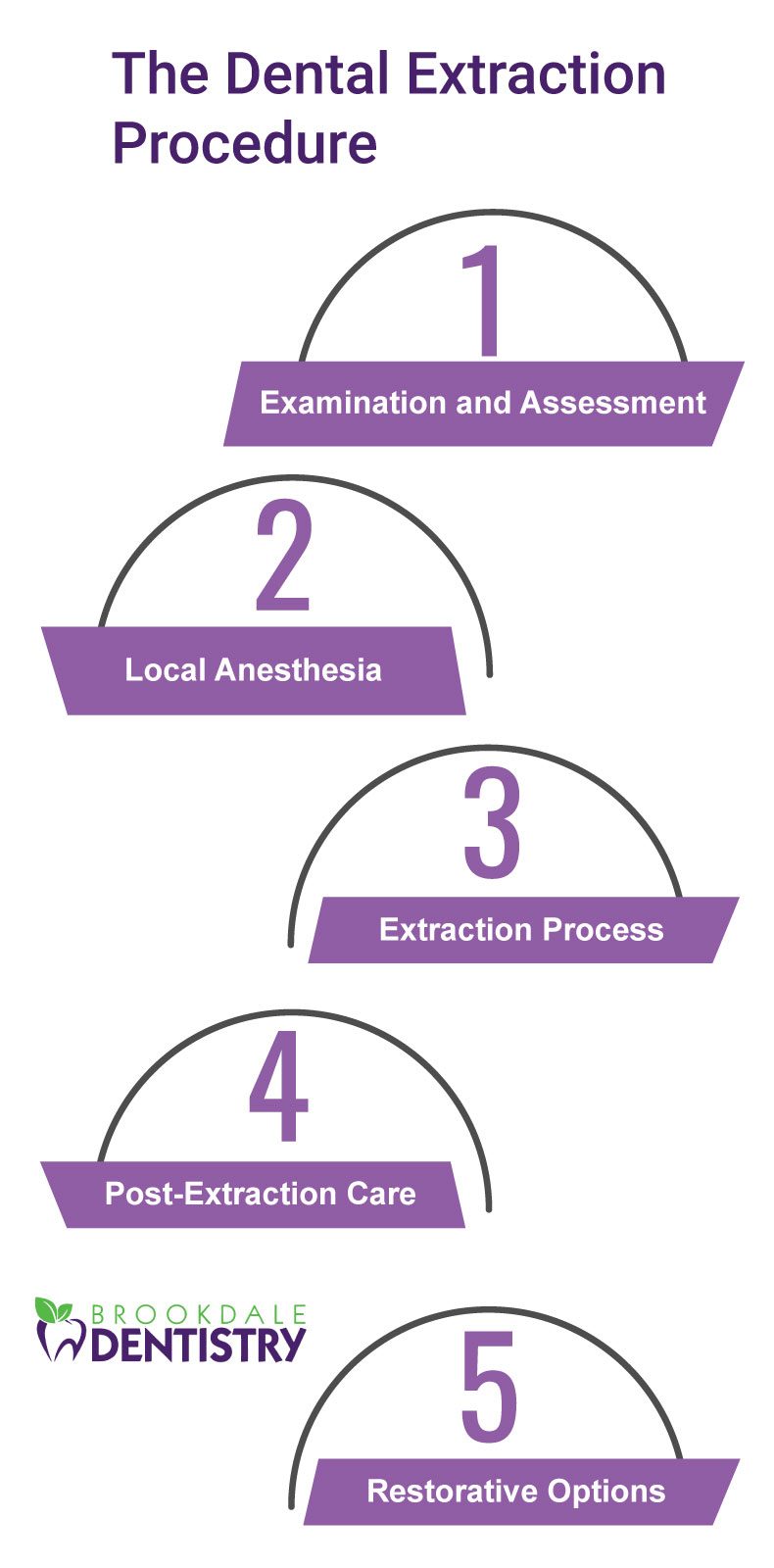
Your comfort and safety are our priority throughout dental extraction operations at Brookdale Dentistry. To provide a comfortable experience, the dental staff uses the newest methods, tools, and anesthetic alternatives. In order to put you at ease, we will provide a supportive environment and go over each step of the procedure with you, as well as address any worries or questions you might have.
Proper aftercare is essential for a smooth recovery following dental extraction. Here are some general guidelines to follow:
After the extraction, bite down on a gauze pad over the extraction place to stop any bleeding. Changing the gauze as needed until the flow stops.
You can reduce swelling and pain by placing an ice pack on the hurt spot. Use cold packs at 20-minute intervals on and off for the first 24 hours after the extraction.
To treat any discomfort following an extraction, your dentist may offer over-the-counter painkillers or prescribe painkillers.
It’s important to keep any follow-up visits with your dentist so that you can check on how well you’re healing and talk about any worries.
Stick to a soft-food diet for the first few days after the extraction. Avoid sticky, chewy, or firm foods since they can irritate the extraction site. Gradually add solid things as they can handle them.
After the first day, wash your teeth normally while avoiding the extraction site. After 24 hours, rinse your mouth with saltwater.
For at least 72 hours following the extraction, abstain from smoking and alcoholic beverages since these can impede the healing process.
The dentists at Brookdale Dentistry have a lot of expertise in extracting teeth. We keep up with the latest methods and developments in the field so they can give you safe and effective extractions that are tailored to your needs.
The Brookdale Dentistry staff is aware that some patients may experience anxiety due to dental extractions. Your comfort and well-being are their top priorities, and we create a relaxing and encouraging environment for the duration of the process.
Brookdale Dentistry has cutting-edge facilities and contemporary dental technologies. These tools make it possible for precise and effective extractions while maintaining patient safety, in addition to the skill of the dental team.
Brookdale Dentistry provides a wide range of comprehensive dental procedures in addition to dental extractions. They have the knowledge and tools necessary to handle all dental needs under one roof, whether you require preventive care, restorative procedures, aesthetic dentistry, or orthodontics.
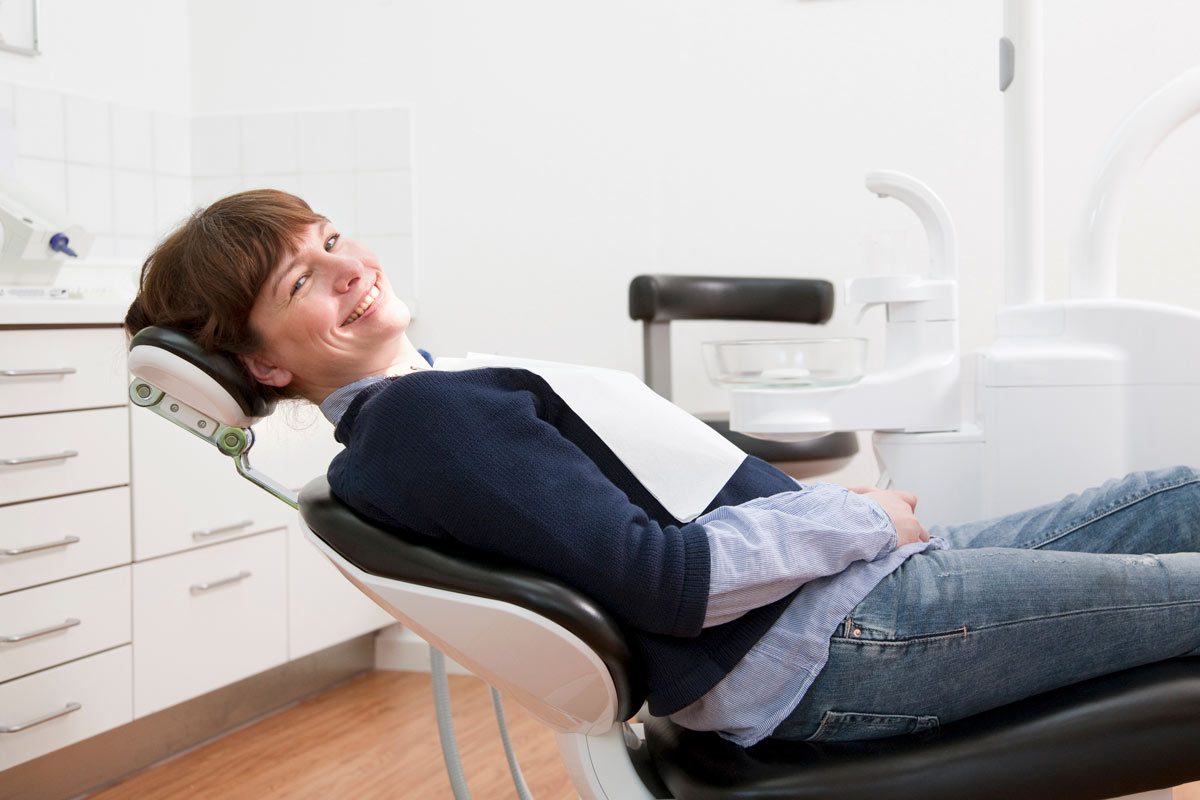
For a variety of reasons, it may be essential to extract a tooth. At Brookdale Dentistry in Yonge St., Ontario, their qualified dental professionals treat patients with care and compassion while performing the extraction. You can count on receiving high-quality dental care, individualized treatment programs, and a dedication to your overall health and oral hygiene when you choose Brookdale Dentistry. Make an appointment right away to get started on your journey to a healthier smile.
In order to ensure that you have little to no pain during the extraction, we numb the area around the tooth with a local anesthetic. There may be some pressure or other feelings, but there shouldn’t be any excruciating pain. Additionally, your dentist will provide you with information on how to manage pain after surgery.
In some cases, we may recommend a tooth replacement after a tooth extraction to make your smile look and work better. Depending on your situation, you may want to consider choices like dental implants, bridges, or dentures. If necessary, your dentist will go over your options for replacing missing teeth with you.
To treat any discomfort or swelling following the extraction, your dentist may advise taking painkillers by prescription or using over-the-counter painkillers. Eating soft, cold foods and placing an ice pack on the outside of your face close to the extraction site can both help reduce swelling and ease discomfort.
Monday: 12 – 8 p.m. (alternating weeks)
Tuesday – Thursday: 10 a.m. – 8 p.m.
Friday: 10 a.m. – 6 p.m.
Saturday: 9 a.m. – 4 p.m.
Sunday: 11 a.m. – 4 p.m. (alternating weeks)
Phone: 416-207-1021
Email: [email protected]
Address: 3280 Yonge St, Toronto, ON M4N 2L6
© 2025 Brookdale Dentistry. All Rights Reserved.